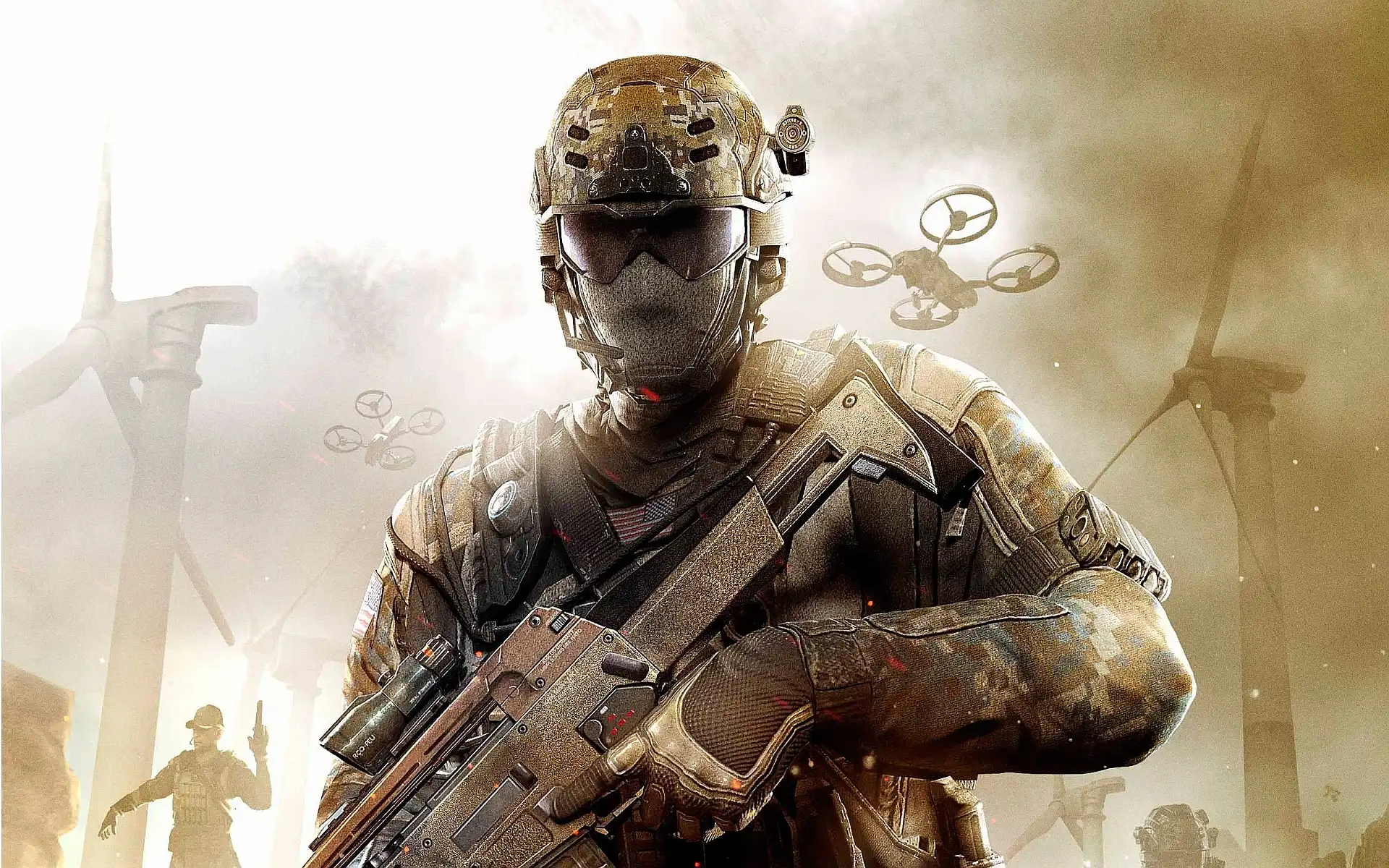Player Perception in Gaming
Perception is a critical element that defines the way video games are experienced. It could be a perception of the storyline, the characters, or even the game's rules. Especially in competitive multiplayer games like Call of Duty : Modern Warfare II, perception plays a decisive role, affecting both the players' strategies and their enjoyment of the game.
Player perception can mould in-game dynamics to a great extent. In team-based games, one could observe instances where a player might resort to a particular strategy that gives them an edge. However, this same player finds it unfair when another player adopts the same tactic.
This scenario highlights an underlying trend affecting game sessions worldwide. Gamers often feel justified in using specific techniques to win, but decry the same methods as 'unfair' when others use them. This behavior could stem from an innate desire to win, blurring the lines between what actions are acceptable.

A close look at video games like Modern Warfare II reveals this pattern. Actions perceived as strategic by some players are often labeled as 'ondone' by others. This dichotomy poses intriguing questions about subjective judgment in gaming scenarios and its consequences.
Subjectivity and Gaming
Subjectivity naturally seeps into video gaming as players imbibe their personal values, biases, and attitudes into their in-game actions. In multiplayer video games, the arena becomes an amplified microcosm of the real world, with varying degrees of bias and subjectivity influencing the gaming narrative.
In the context of Modern Warfare II, the idea of exploiting a game's mechanisms within its rules often leads to debates. It's intriguing to see how perceptions are formed and how they change, not only according to the player’s judgment but also based on who uses these strategies.
This subjectivity often revolves around notions of fairness. Players develop self-constructed notions of what's fair and what's not within the game's ambit. These notions significantly influence their tolerance for specific game actions and playstyles.
This trend isn't just limited to individual gaming experiences. These instances of bias and subjective judgment often seep into the broader gaming community, impacting social dynamics and communal gaming etiquette. Paradoxically, it’s the players who define and redefine these gaming norms.
Notions of Fairness in Gaming
Perceptions of fairness play a significant role in shaping gamers' experiences. Whether a strategy is deemed acceptable or not often hinges on the player's understanding of fair play. Interestingly, most gamers, while viewing their strategies as fair, label similar methods used by opponents as unfair.
Such responses occur because fairness isn't an objective concept in gaming. It rests on the perspectives and biases of each player. While rules set the boundaries for acceptable behavior, the interpretation of these rules is subjective, leading to discrepancies in perceptions of fairness.
For instance, in Modern Warfare II, one constant debate revolves around the use of tactics that exploit the game's mechanics. However, the definition of 'exploiting' depends on individual perception, which is influenced by personal bias or the desire to win.
Such disparities often incite tension between players, affecting the overall gaming experience. It's a pressing challenge for video game designers—how to design a game that caters to varied perceptions of fairness and mitigates in-game conflicts.
Implication of Biases in Gaming
In the digital confines of the gaming world, personal biases often come to the fore. These biases reflect in the behaviors exhibited in gameplay. This dynamic is not limited to individual biases alone; it extends to collective biases within the community.
Games like Modern Warfare II offer a testament to this aspect. The community's collective sentiments are amplified and often result in shaping communal gaming etiquette. The rules set by the gaming community somewhat echo the societal norms, blurring the lines between virtuality and reality.
A key to understanding these dynamics lies in the deliberation of gamers' reactions to 'exploitative' strategies. There is a pattern where players downplay their exploits while condemning others'. This double standard extends beyond persoanl biases, reflecting inherent human nature, thus transcending the gaming narrative itself.
These gaming biases underscore the influence of personal perceptions on the gameplay experience. They manifest in the form of explicit norms, unwritten rules, and communal etiquette, further enriching the narrative of the gaming world.